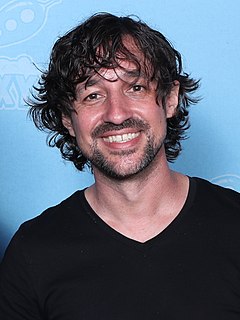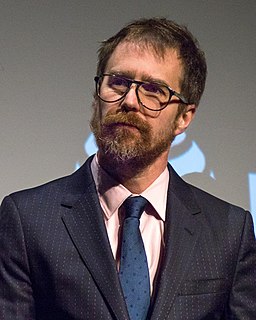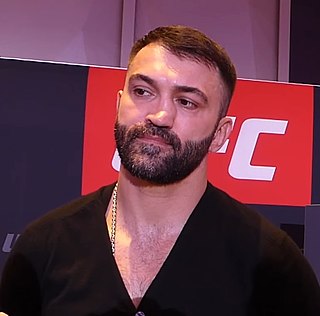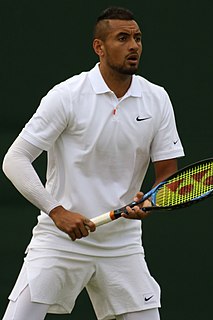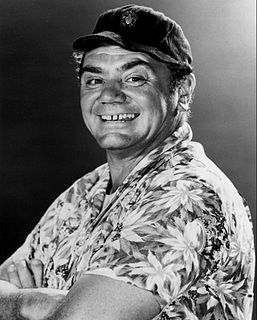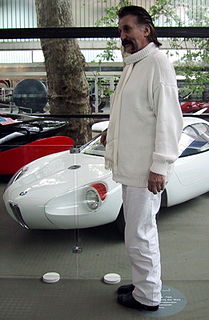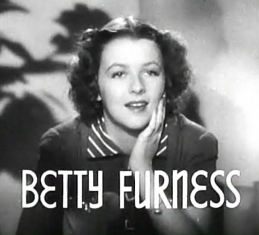Цитата Томаса Иэна Николаса
Я изучал технику десять лет, с 7 до 17 лет. Думаю, можно сказать, что я больше склонялся к Станиславскому, чем к Мейснеру — между актерами всегда существует большой разрыв, когда дело доходит до техники.
Связанные цитаты
Моя техника иногда вызывает смех. Полагаю, я разработал свой собственный стиль, который распространяется повсюду. Мне не нужно иметь слишком много техники для этого. Я разработал части моей техники, которые мне полезны. Я никогда не буду очень быстрым гитаристом. Я действительно не знаю, что сказать о моем стиле. Там всегда есть мелодический замысел.
Мы знаем о йоге только как о технике для обретения физической силы, гибкости или укрепления здоровья. И действительно, это мощные побочные эффекты практики. Но это то, что они есть: побочные эффекты. Сосредоточиться на этих в значительной степени незначительных проявлениях — значит полностью упустить суть.
Я всегда был в центре внимания. Мой тренер хотел, чтобы я работал над ударами вне игры, так как он был уверен в моих способностях и тайминге на стороне ноги. Я усердно работал и укрепил свою технику защиты. Я счастлив, что теперь я бегу по всей калитке и получаю много границ. Никто больше не называет меня «длинноногим игроком с битой».
